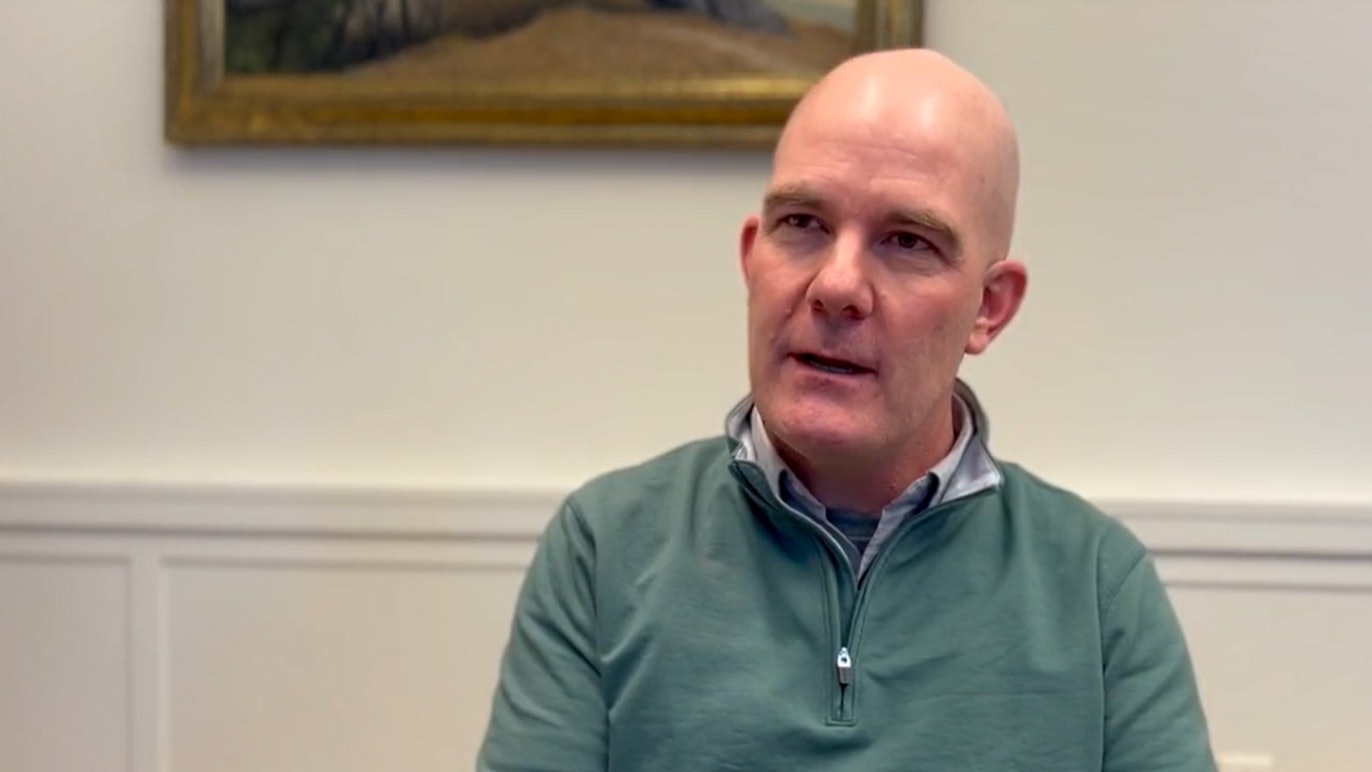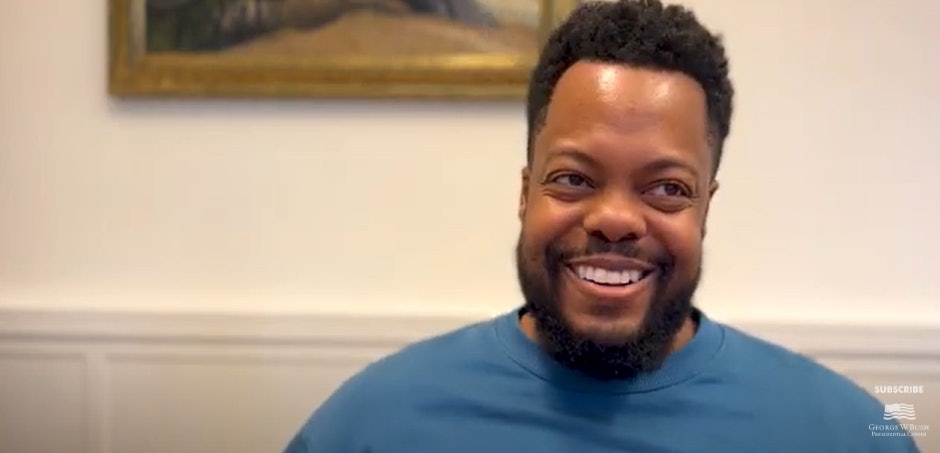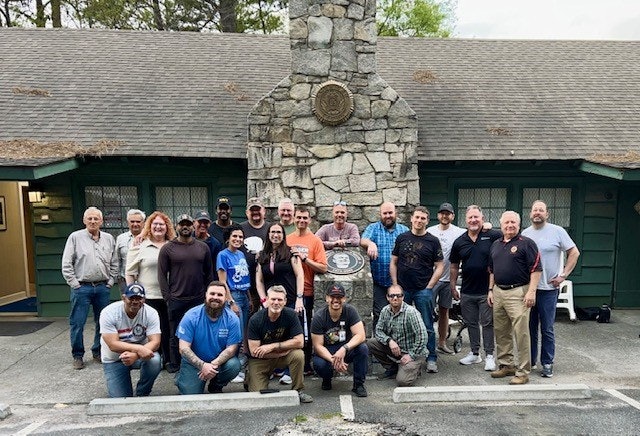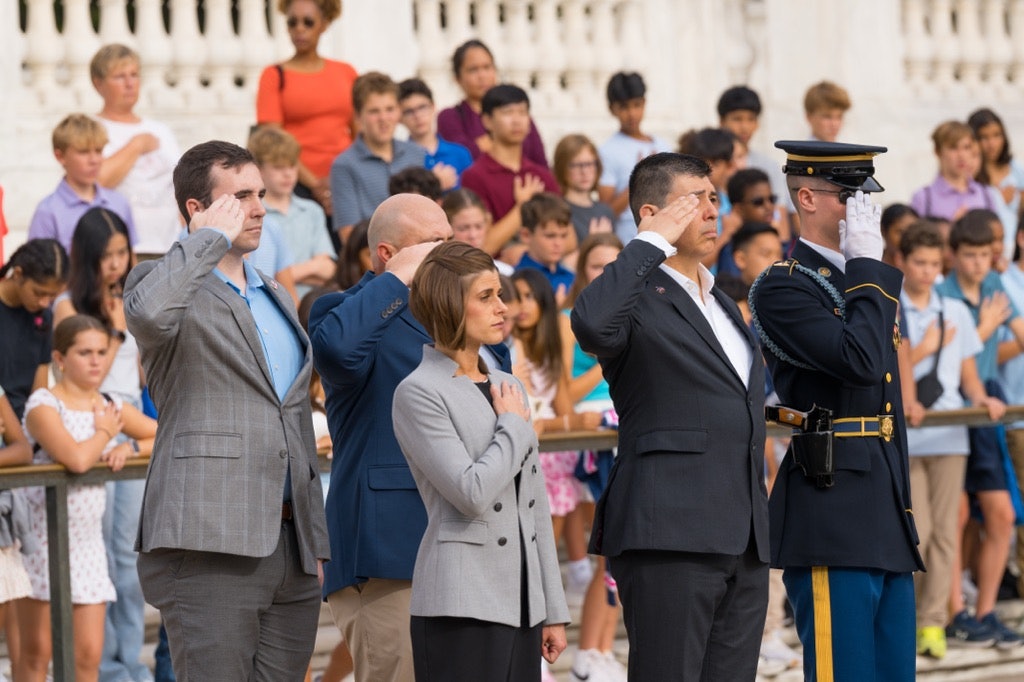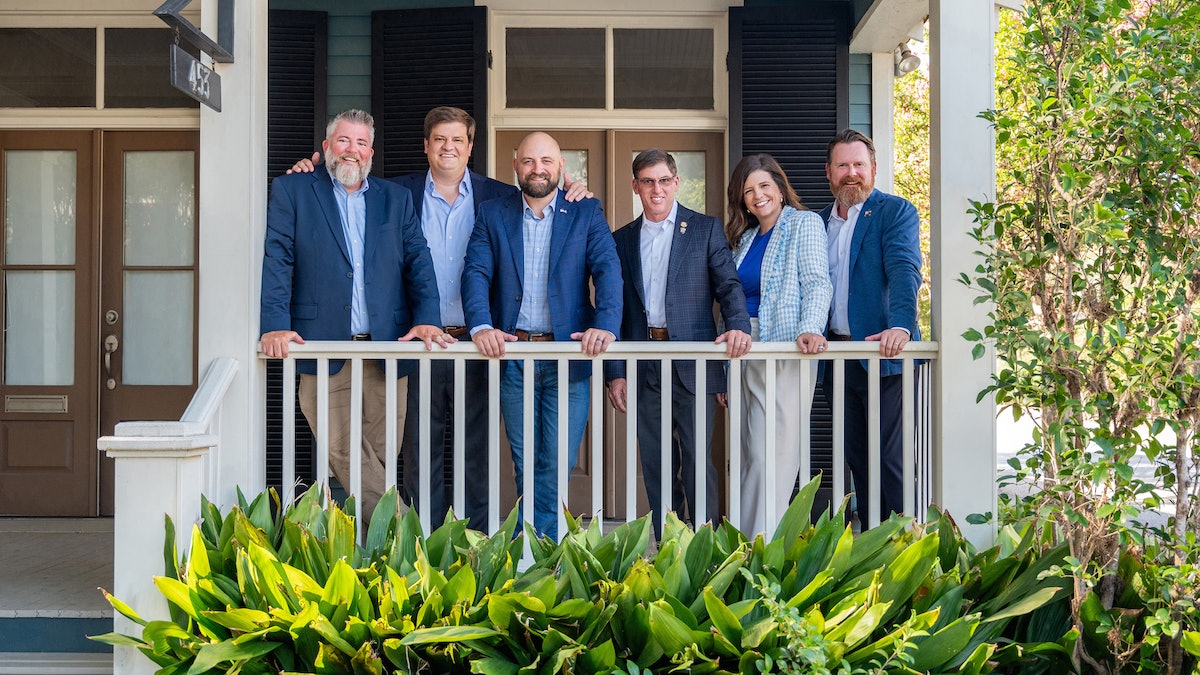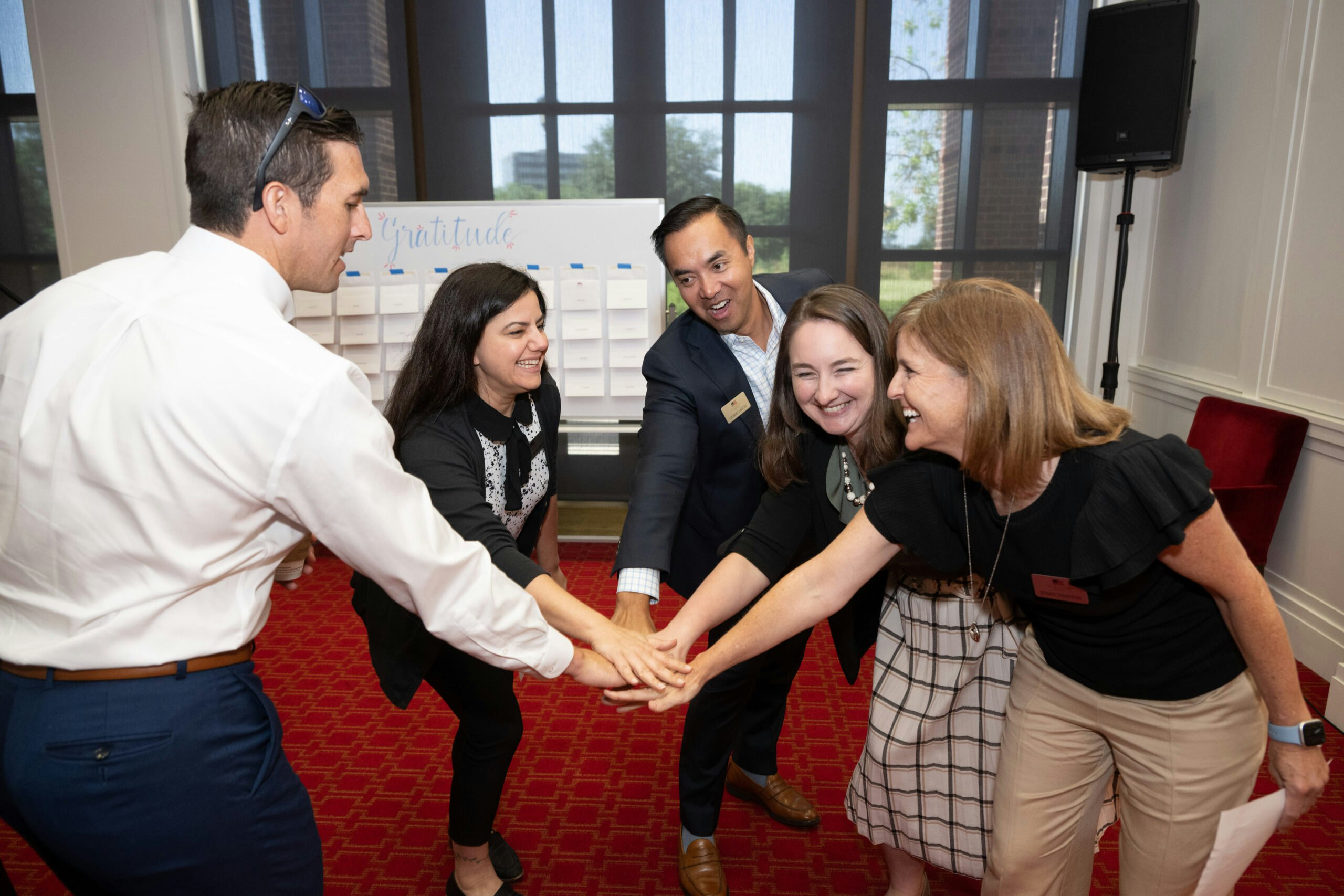Washington, D.C., July 7, 2016 – Two new studies released today identify misconceptions by the general public and employers that can prevent veterans from securing jobs that maximize their skills and experience and that impact their well-being. The research also underscores that everyone experiences mental health challenges – veterans and nonveterans alike.
The research, commissioned separately by Edelman, the communications marketing leader, and the George W. Bush Institute’s Military Service Initiative, were released at an event at the National Press Club. The event was co-sponsored by the two organizations and Give an Hour, the backbone organization for an effort to change the culture of mental health.
The studies include survey data from the general public, employers, community partners, and veterans that reveal a number of troubling findings:
- The general public vastly overestimates the percentage of post-9/11 veterans with mental health issues. Seventy percent of U.S. adults agree that the general public doesn’t understand the problems faced by the military. Forty percent believe that at least half of veterans experience mental health challenges, a figure that differs greatly from the estimated 10-20 percent of service members deployed to Iraq and Afghanistan who at any given time experience symptoms consistent with post-traumatic stress disorder, according to the Bush Institute.
- Employers’ perceptions of veteran job applicants hurt vets. The Edelman survey found that an overwhelming 92 percent of employers believe veterans need access to mental health programs, but only 16 percent of employers believe veterans have access to the care they need. A majority of employers also identified exemplary traits and skills they seek in a job applicant – such as responsibility, ethical behavior and strong collaborative, problem-solving and communications skills – that veterans say they possess. Yet, while they possess excellent experience and skills, some veterans are unable to translate their skills effectively to new civilian roles, which interfere with their employment prospects.
- Veterans are viewed as “heroes” but not as “strategic assets” in their communities. The large majority of Americans and employers – 71 percent and 84 percent, respectively – view veterans as “heroes” but not as “strategic assets.” That’s a challenge for veterans since “hero” isn’t listed as a job qualification.
“It is time to change the way we think and talk about and address our emotional well-being,” said Barbara Van Dahlen, Ph.D., founder and president of Give an Hour. “Just as we all have physical health, we all have mental health – it’s part of the human condition. And as we can recover from physical injuries and conditions, we can heal, recover and cope with emotional pain, psychological injuries and neurological conditions.”
John Edelman, managing director of Global Engagement and Corporate Responsibility at Edelman and a veteran advocate, added, “It also is time to change the narrative about mental health because mental health touches all of us.”
The Edelman survey, which used a broader definition of mental health challenges than did the Bush Institute survey, indicates that mental health challenges affects everyone, with 33 percent of nonveterans, 43 percent of employers and 47 percent of veterans having experienced a mental health challenge in the past year. This data aligns with The Centers for Disease Control and Prevention’s estimate that 50 percent of Americans will face some mental health obstacles over their lifetime, and that one in five has a diagnosable mental health condition.
During a presentation of the Bush Institute’s survey findings, Col. Miguel Howe, USA, ret., director of the Bush Institute’s Military Service Institute, noted “the need to better understand the issues facing transitioning military service members, including the invisible wounds of war, such as post-traumatic stress disorder and traumatic brain injury.”
He said that in the Bush Institute’s survey, veteran respondents said they do not feel supported or understood, and that misunderstanding acts as a barrier for veterans in seeking care. Among the findings:
- Eighty percent of recent veterans say the general public doesn’t understand the challenges they face.
- Two in three don’t think they’re viewed as strategic assets by their communities or employers.
- Eighty percent think that embarrassment or shame act as a barrier to veterans seeking mental health care.
Today’s event featured a keynote by Under Secretary for Health at the U.S. Department of Veterans Affairs, David J. Shulkin; presentations by Elisa Vitalo, Vice President at Edelman Intelligence, and Col. Howe on each study’s findings; and a discussion by a panel of experts, moderated by USA Today’s Gregg Zoroya. The panel included:
- Brian J. Duffy, Senior Vice Commander-In-Chief, VFW
- Kana Enomoto, Principal Deputy Administrator, SAMHSA
- Andrea Inserra, Senior Vice President, Booz Allen Hamilton
- Barbara Van Dahlen, Ph.D., Founder and President, Give an Hour
For further information, please contact Spencer Kenyon at [email protected] or Ashley McConkey at [email protected].
# # #





